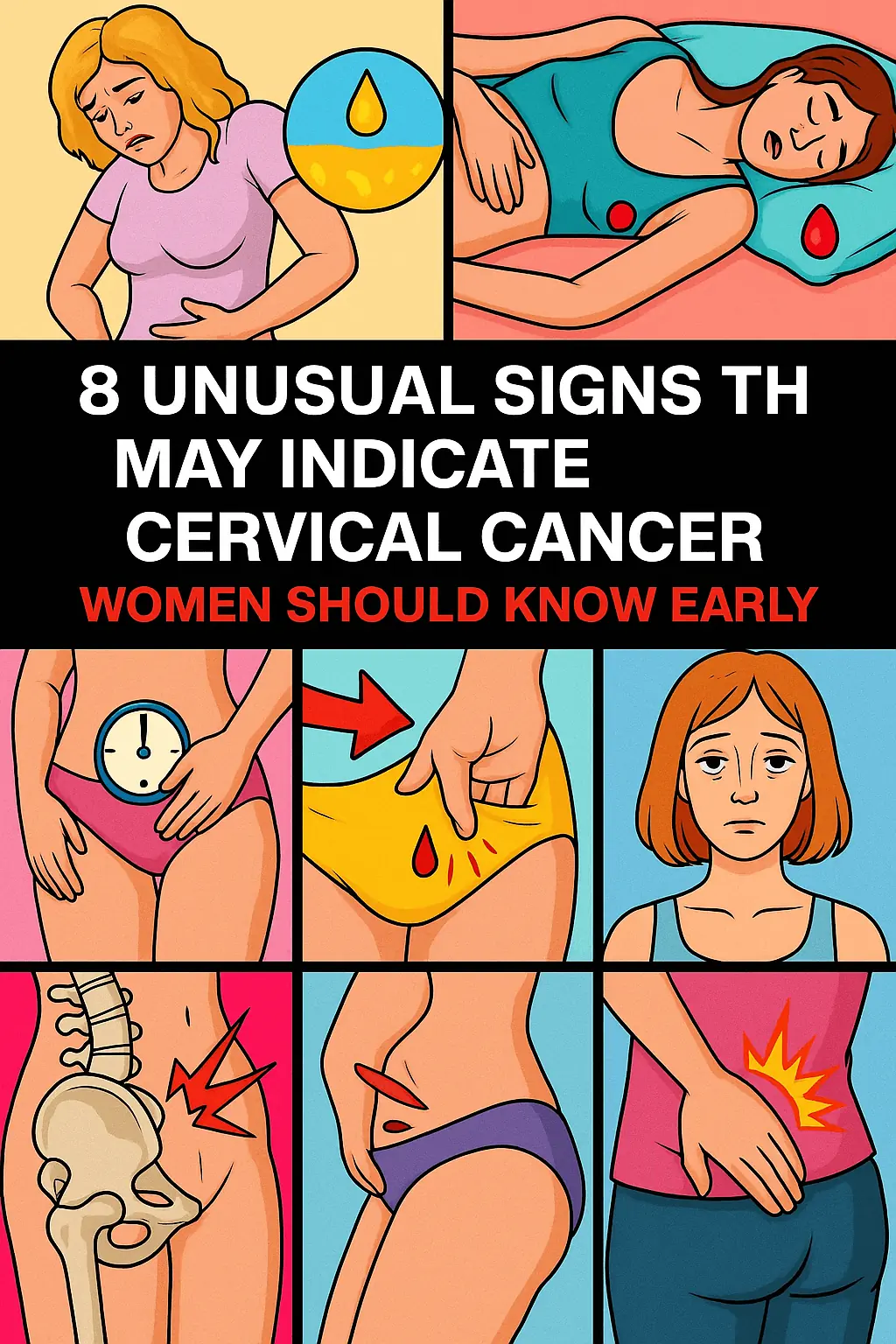
9 Common Signs of Diabetes You Shouldn’t Ignore
Diabetes is a chronic disease that affects how the body uses glucose, the main source of energy. Recognizing early symptoms is crucial to effectively manage the condition and improve quality of life. Here are nine common signs of diabetes that you should never ignore.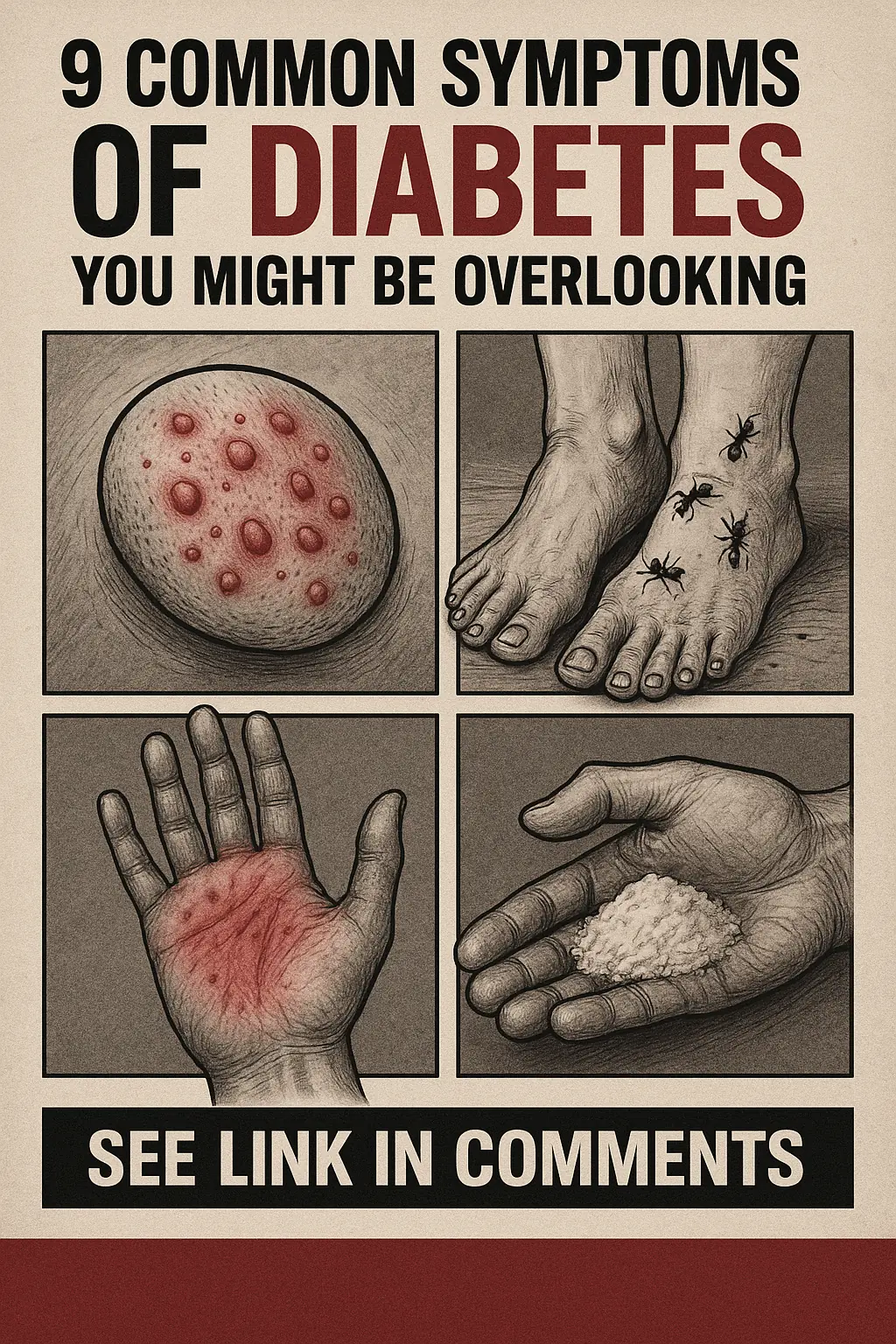
1. Increased Thirst and Urination
One of the clearest signs of diabetes is polydipsia (excessive thirst) and polyuria (frequent urination). This happens because the kidneys work harder to remove excess glucose from the body, leading to dehydration and an increased need for fluids.
2. Unexplained Fatigue
Feeling constantly tired may indicate that your body is not effectively using glucose for energy. Diabetes can interfere with your ability to get the energy you need from the food you eat.
3. Unexplained Weight Loss
Despite an increase in appetite, many people with type 1 diabetes experience weight loss. This is because the body begins to use fat and muscle as an energy source. If you lose weight without a clear reason, consult a doctor immediately.
4. Skin Irritation and Itching
People with diabetes often experience skin infections and itching, due to poor circulation and high blood sugar levels. Commonly affected areas include the arms, legs, and genital region.
5. Blurred Vision
High blood sugar can affect your eyes’ ability to focus, resulting in blurry vision. Any changes in vision should be checked by a medical professional, as this could be an early warning of something more serious.
6. Slow-Healing Wounds
Diabetes can impair your body’s ability to heal. If cuts or wounds take longer than usual to close, get your blood sugar levels checked.
7. Tingling or Numbness in the Extremities
Diabetic neuropathy is a common complication that can cause tingling, numbness, or pain in the hands and feet. This happens when nerves are damaged by high blood sugar levels over time.
8. Frequent Infections
People with diabetes are more prone to infections, such as urinary tract infections or skin infections. High glucose levels can weaken the immune system, increasing the risk of illness.
9. Changes in Breath Odor
A fruity or sweet smell in your breath may indicate dangerously high glucose levels, signaling diabetic ketoacidosis — a serious condition often linked to type 1 diabetes. Seek immediate medical help if you notice this.
Conclusion
Recognizing the common signs of diabetes is essential for preventing serious complications. If you experience any of these symptoms, consult a healthcare professional. Early detection and proper treatment can make a significant difference in managing diabetes. Maintaining a healthy lifestyle, scheduling regular checkups, and staying informed are key steps to protecting your health.
News in the same category


The Benefits of Cooking Onion in Milk: An Unmatched Natural Remedy

The Ultimate Guide to Cloves: Benefits, Uses, and How They Work

11 Everyday Benefits of Cloves That Might Surprise You

How to Strengthen and Grow Your Nails Naturally

The Powerful Watermelon, Carrot, Beet, and Ginger Juice: A Healthy Recipe for Vitality and Wellness
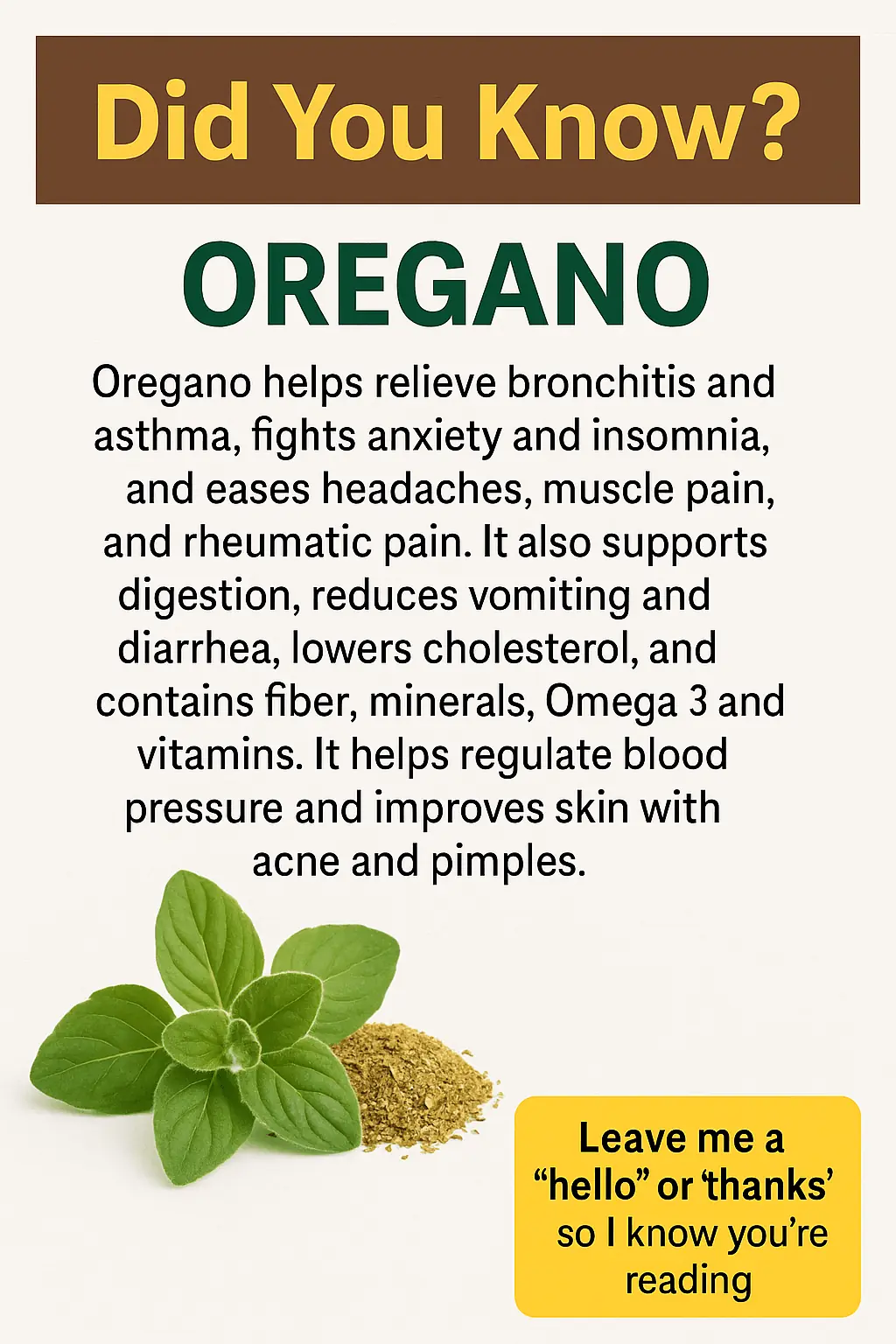
Health Benefits of Oregano and How to Use It

Benefits of Eating a Clove Every Day

How Long Can You Keep Frozen Meat Before Throwing It Away? Here’s the Answer
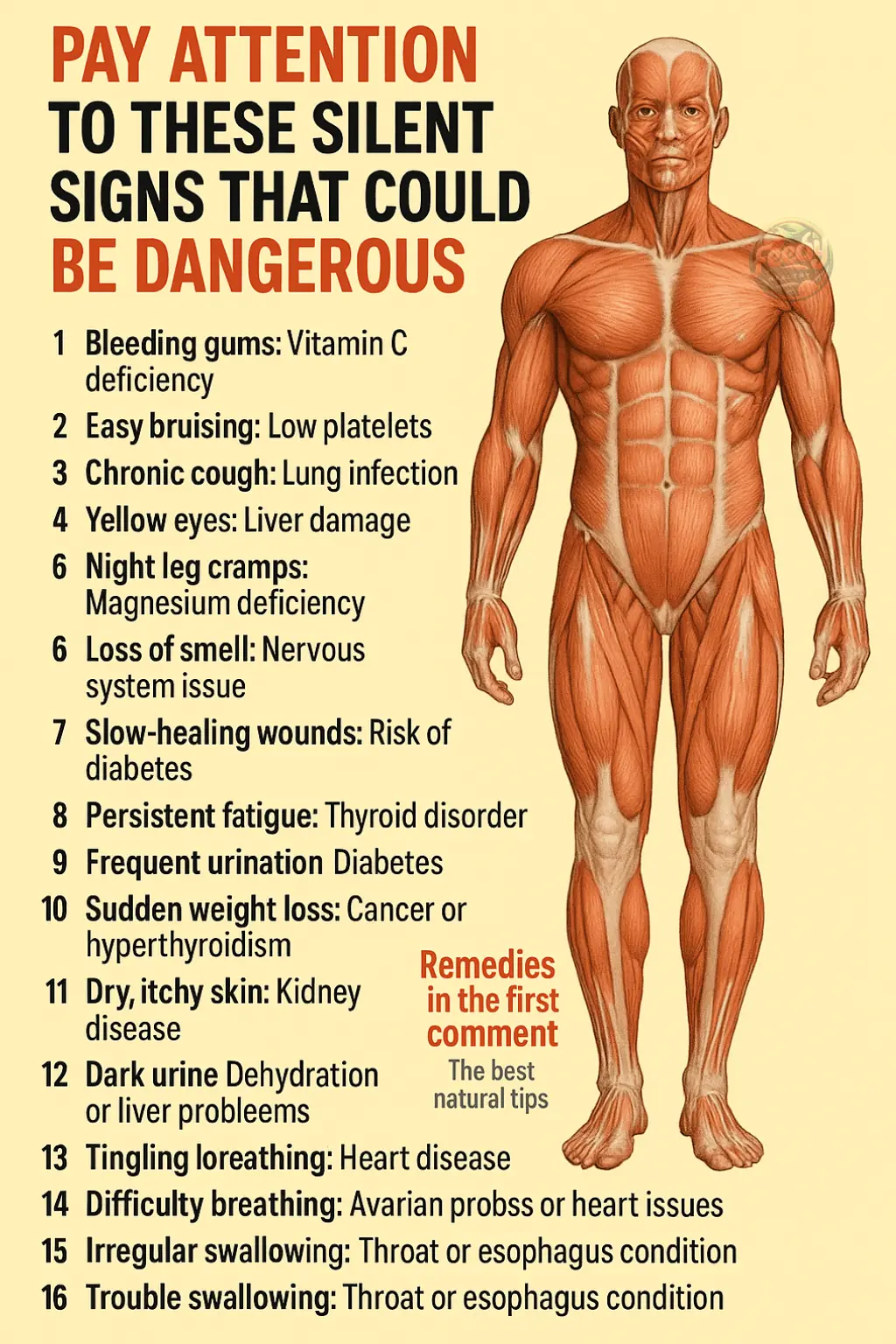
17 Silent Signals Your Body Is Sending You (And How to Relieve Them Naturally)

The Magic of Cloves and Cinnamon Water: A Daily Health Ritual for the Young at Heart
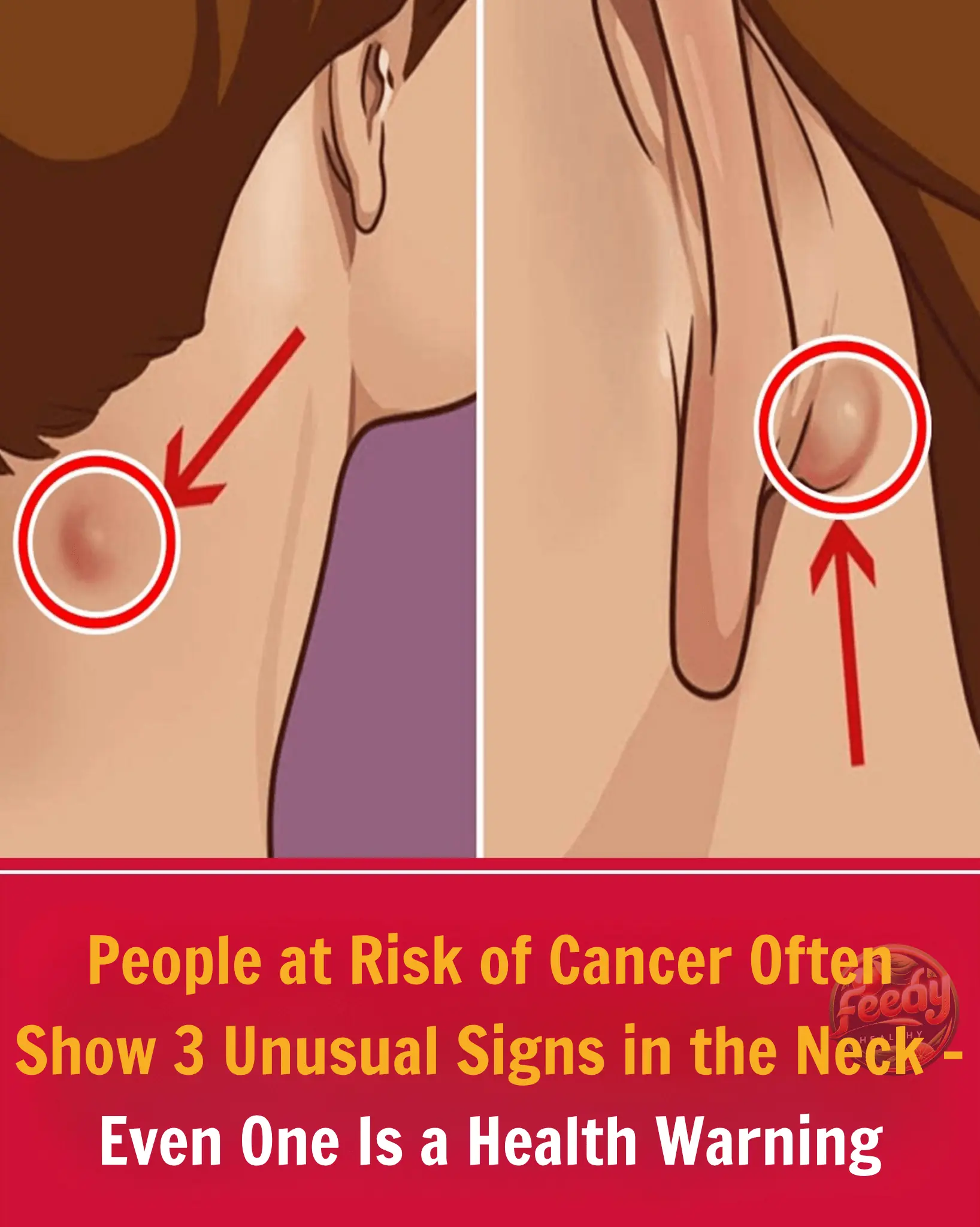
People at Risk of Cancer Often Show 3 Unusual Signs in the Neck – Even One Is a Health Warning

3 Selfish Habits of Husbands That Increase Their Wives’ Risk of Cervical Cancer – Stop Them Now Before They Harm the Whole Family

🧴 Add Cloves into Baby Oil and See What Happens – 11 Powerful Reasons to Use It Every Day

Oat Water with Lemon: Natural Elixir for Health and Weight Loss

Is Cabbage Harmful to the Thyroid? Discover the Truth

Natural Childbirth: An Experience Without Anesthesia

Natural Antibiotic: Home Remedy to Relieve Sore Throat
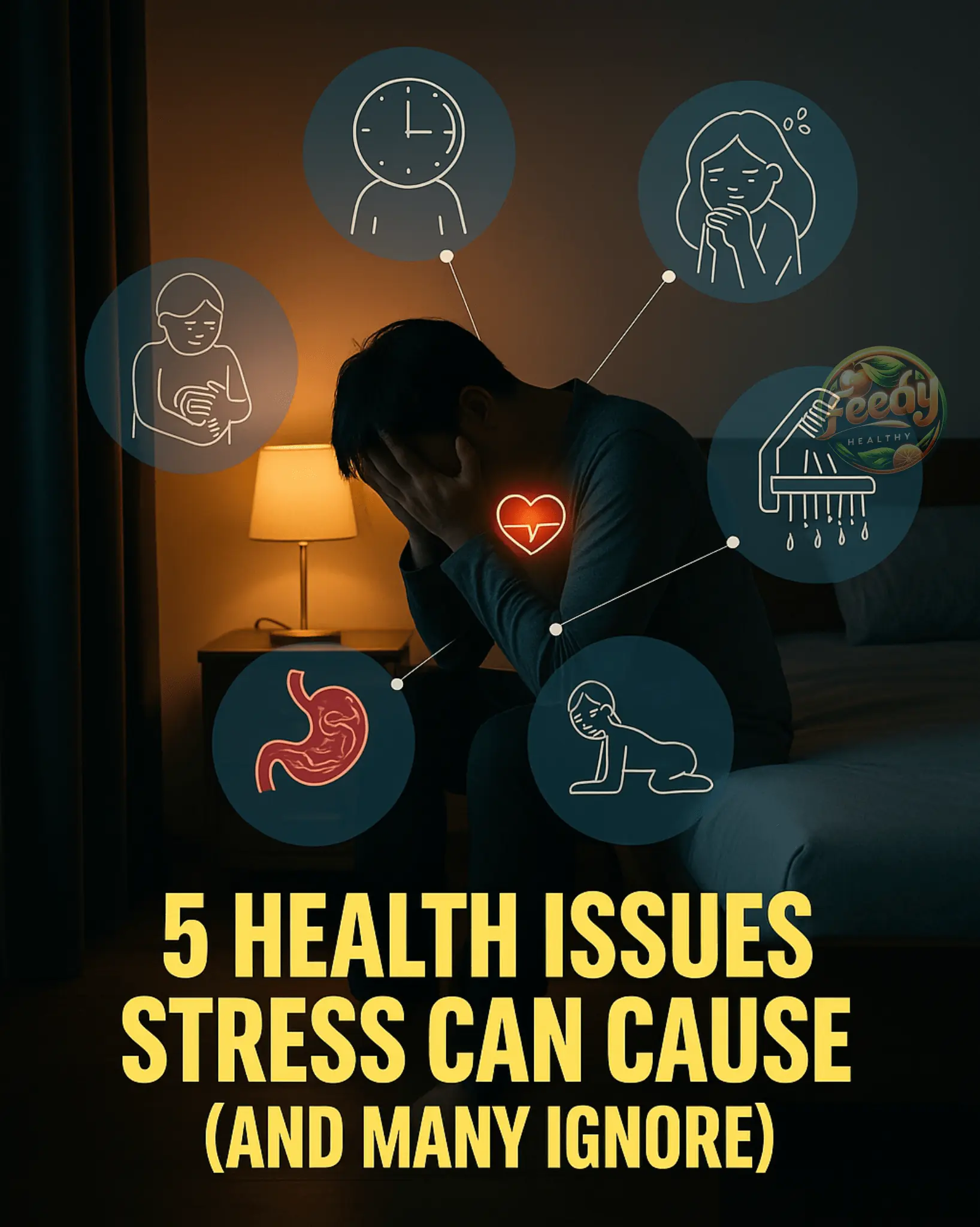
5 Health Issues Stress Can Cause (And Many Ignore)
News Post

Mom explains why she doesn’t regret giving her daughter’s pony to zoo to become lion food

Netflix is losing 91% rated series that's ‘better the second time’ and you can binge in one day

Tragic Tale of Lost Companion: Finding Peace After a Heartbreaking Ordeal

If you see square waves forming in the ocean, get out of the water immediately

8 Unusual Signs That May Indicate Cervical Cancer – Women Should Know Early

The Benefits of Cooking Onion in Milk: An Unmatched Natural Remedy

Ever Seen This Creepy Wall-Clinging Moth? Meet the Kamitetep

Employees Mocked The Quiet Old Man In The Lobby — Until He Walked Into The Boardroom And Closed The Door

The Ultimate Guide to Cloves: Benefits, Uses, and How They Work

Ignite Your Passion at Any Age: The Surprising Power of Coffee & Garlic

I Shed Unwanted Fat Quickly with This Surprising Trick!

The No.1 Vitamin to Help Reduce Swelling in Your Legs and Feet

Discovering the Remarkable Benefits of Garlic Milk: A Time-Honored Remedy for Today’s Health

Relieve Sore Throat and Inflammation Naturally with Cloves

Spice Up Your Brew: The Hidden Health Secrets of Coffee with Ginger

Discover the Health Benefits of a Natural Elixir Packed with Garlic, Turmeric, Onion, Ginger, and Guava Leaves

Two-Tier Vintage Strawberry Cake Recipe 🍓🎂✨

Vintage Raspberry Birthday Cake Recipe 🎀🍰✨
